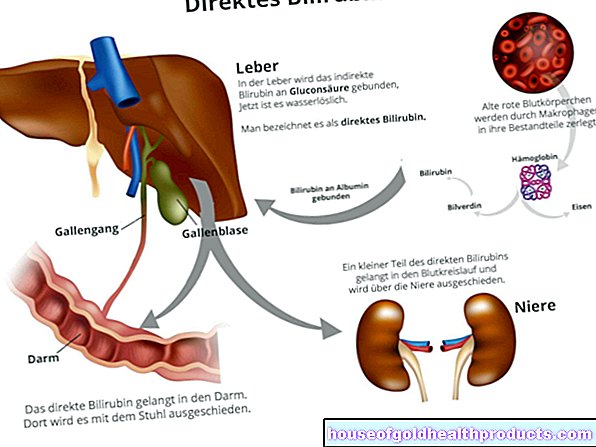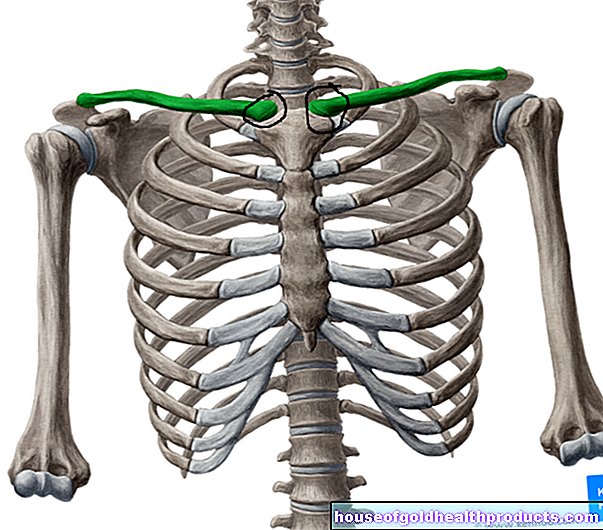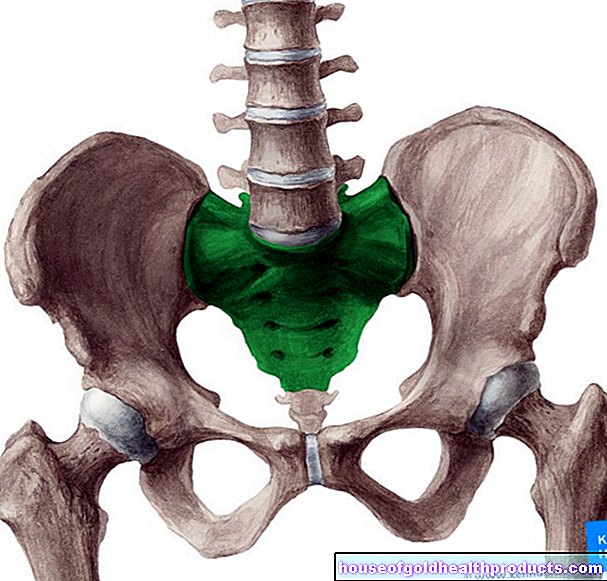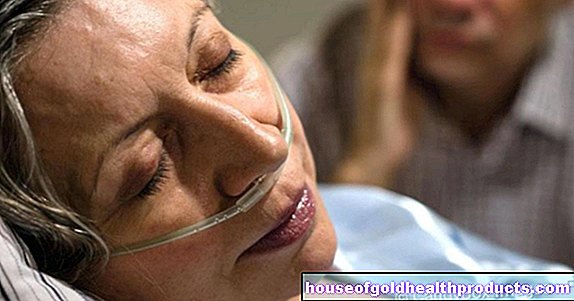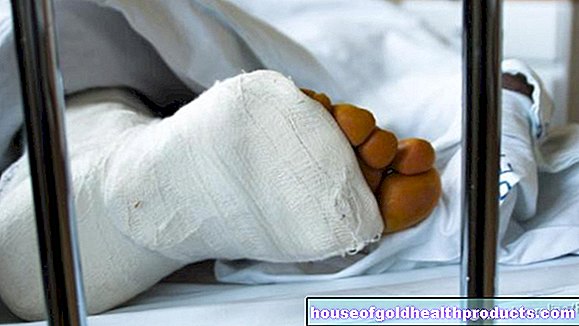Hospices
All content is checked by medical journalists.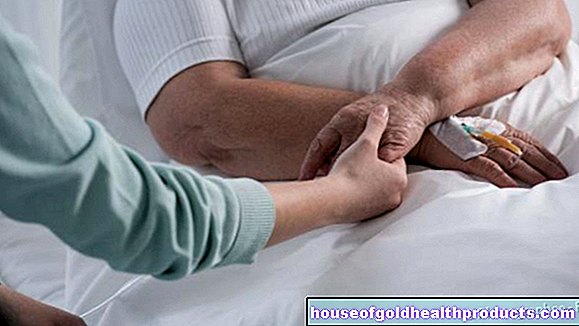
Human accompaniment
Hospices are places where the terminally ill or old are accompanied in the last phase of life. The relatives are also part of the comprehensive concept. Some hospice services offer home care. Here the helpers come into their own apartment. There are also specially equipped rooms in the palliative care units in hospitals and nursing homes, in which care is provided by trained helpers.
The aim is to make the remaining life as comfortable as possible. In addition to medical measures and effective pain therapy, psychosocial and pastoral support is also important - this applies to the dying and relatives. Medical care is provided by specially trained nurses and doctors. There are also pastoral and psychologically trained helpers such as social workers, psychologists and pastors. Most of them work on a voluntary basis.
Outpatient and inpatient
Many people wish to spend the last days of their lives at home in familiar surroundings. There are outpatient hospice services that come into the house as often as necessary and, for example, also take on night watch to relieve the relatives. The tasks also include (if desired) discussions with relatives.
In general, the hospice services do not take on any nursing tasks; the outpatient nursing service or relatives are still responsible for this. There are also outpatient visiting services of the hospices for the dying in the nursing home, which accompany patients and relatives.
Seriously ill people can also spend their last lifetime as inpatients in hospice houses. Above all, people are admitted for whom very stressful symptoms are in the foreground and who cannot be adequately treated at home or in the nursing home. These include pain, shortness of breath, frequent vomiting or larger wound dressings. Hospices are not large and sterile like hospitals, but mostly smaller houses with few beds that are comfortably furnished. Visiting times are flexible. Relatives can stay overnight in the hospice.
Hospice services support relatives and friends after death in the mourning phase. This happens both in individual discussions and in group work.
Special hospices
People with potentially contagious diseases such as HIV, hepatitis C or tuberculosis often have difficulties getting a place in a nursing home or hospice. There are now special hospices in Germany that take in dying people with infectious diseases.
End-of-life care for people with a migration background is also sometimes difficult. Therefore, in some hospices there are further training offers for dealing with people of other religions and cultures. For example, Muslim patients should no longer be touched and washed by a sister after they have died, but the family will do the washing.
Palliative medicine
In palliative care, the focus is no longer on healing a person. Rather, it is about achieving the best possible quality of life for patients with incurable, advanced diseases. Not only should the physical complaints be alleviated. Treating mental and social problems is just as important. The relatives are also included here.
Tags: smoking book tip nourishment










